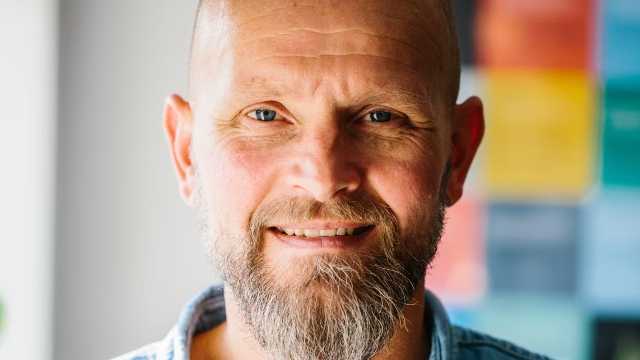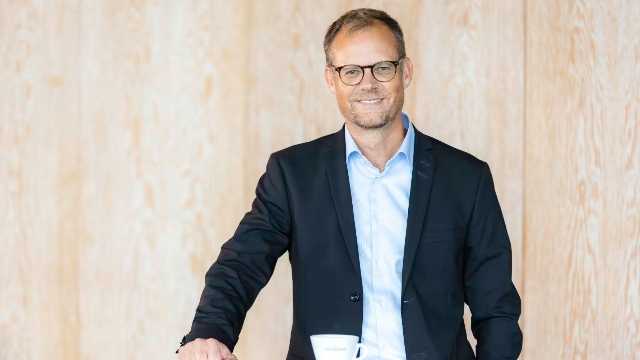Share your coffee stories with us by writing to info@comunicaffe.com.
KARLSTAD, Sweden – Lead by three experienced professionals and backed by Swedish based coffee group Löfbergs the new company GrowGrounds has set out to change a global coffee industry with major climate and environmental challenges. In collaboration with coffee farmers all over the world, the goal is to eliminate coffee’s negative CO2 impact and restore nature.
The birth of GrowGrounds
Changed cultivation methods, establishment of forest systems, less use of chemical fertilizers and pesticides, access to financing, and new digital tools will simultaneously ensure income and better living conditions for the coffee farmers.
The world’s coffee production is in dire straits. Worldwide demand is expected to increase by 50 % in 2050, and meanwhile large parts of the land suitable for growing coffee will be destroyed. Climate change makes the conditions for coffee growing extremely difficult, and the coffee industry itself has contributed to the crisis with cultivation methods that both emit enormous amounts of CO2 and exhaust the soil and nature in which the coffee plants must grow.
From climate sinners to CO2-positive
All of that that needs to change radically, and that is exactly the basis for the new company, GrowGrounds, which is founded by three experienced coffee and sustainability professionals. One of them is Lars Aaen Thøgersen who comes from the position as Innovation Director with the responsibility for circular transformation in Löfbergs, who are also co-founders of GrowGrounds.
“Löfbergs has a long tradition of working to improve the conditions for both the natural environment in which coffee is grown and the people who produce it. I am convinced though, that if we really want to make a difference and ultimately save the future of coffee, we must create radical changes at farm level. For instance, this is where 80 % of the total CO2 emissions from coffee production come from,” says Lars Aaen Thøgersen, CEO of GrowGrounds.

“Today, the vast majority of coffee is grown in so-called monocultures, which is not good for the soil, and requires large amounts of artificial fertilizers and pesticides. GrowGrounds work with coffee farmers all over the world to convert their production to agroforestry to ensure better conditions for both the soil, the coffee plants and nature in general. In addition to expectations of a CO2-positive coffee production because the many trees to be planted also absorb CO2, this will lead to more organic cultivation, greater biodiversity, and new sources of income for coffee farmers in the form of diverse crops,” he explains.
The goal is global change
CEO of Löfbergs, Anders Fredriksson, sees GrowGrounds as a logical investment object. He is also part of the board of the new company.

“We want to strengthen our efforts in sustainability and climate impact even further throughout our value chain and contribute to a global change in coffee production, both for the sake of the climate and the environment and for the sake of coffee farmers,” he says and emphasizes that the investment is about securing the very future of both Löfbergs and the coffee industry as a whole.
More than 1,500 agronomists will assist coffee farmers
In addition to Löfbergs, GrowGrounds collaborates with industry partners all over the world. One of them is the global commodity and consultancy company ECOM, which works with both the trade and cultivation of coffee, cocoa and cotton and has more than 1,500 agronomists worldwide. Their global organization will, among other things, help the coffee farmers with education and practical conversion of cultivation methods.
The establishment of GrowGrounds is a significant step for Löfbergs in their circular transformation and in their efforts to reduce climate impact by 30 % by 2030. The goal is, among other things, to create a CO2 reduction of 5 million tons, equivalent to approx. 10 % of Sweden’s total annual emissions, partly by planting 15 million trees. The change will also ensure significant increases in revenue for approximately 300,000 coffee farmers.
GrowGrounds was founded by Lars Aaen Thøgersen together with Christina Singh, former international project manager at Löfbergs, and Poul David Videbæk, former director of COOP in Africa.















